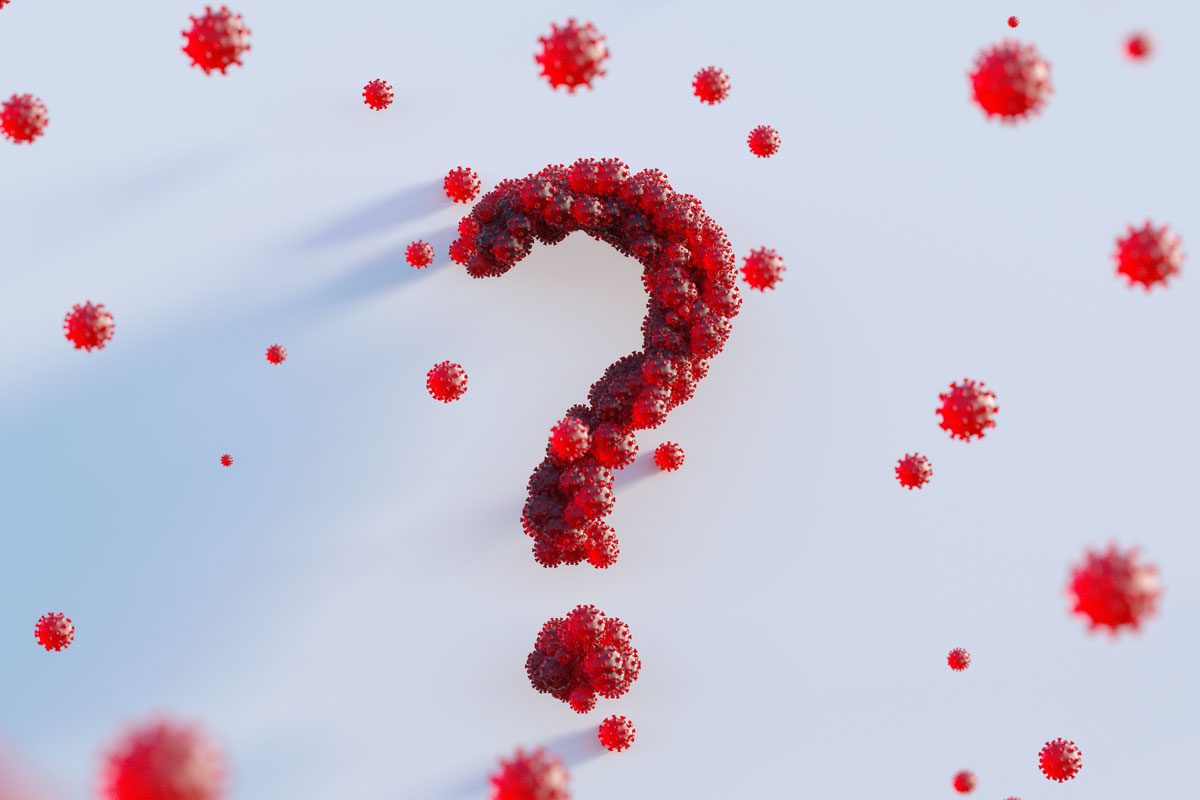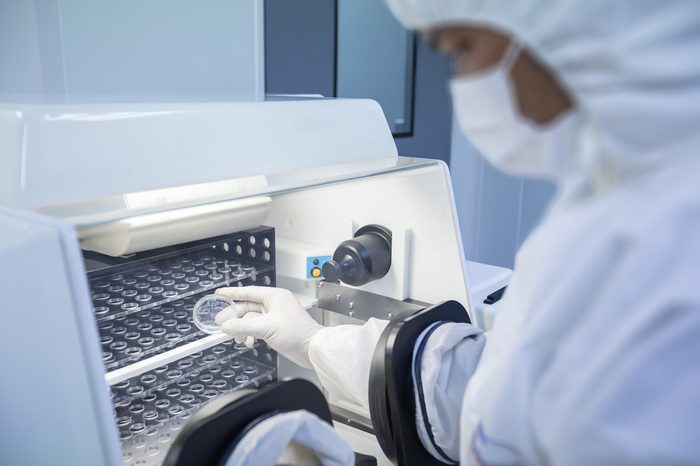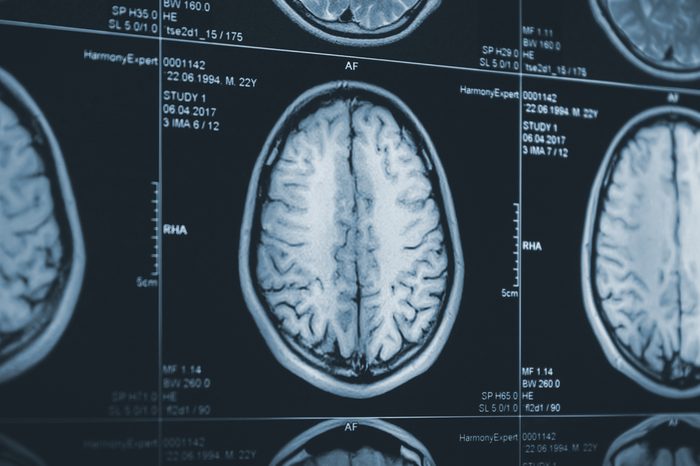Modern medicine struggles to understand these rare and complex cases

8 Unsolved Medical Mysteries That Still Stump Doctors


The girl who never aged
Brooke Greenberg died in 2013, at the young age of 20. But she didn’t look like your average 20-year-old because her body had stopped developing at the age of 5. Her hair and nails were the only parts of her body that continued to grow year by year. Despite the fact that Brooke was born prematurely, doctors remained perplexed as to why she stopped aging. Numerous DNA studies showed no abnormalities in her genes associated with aging, nor did her parents have a history of abnormal development. Plus, all her sisters were normal and healthy. Scientists continued to refer to her condition as Syndrome X, a metabolic syndrome. Yet her unusual condition remains unexplained by science.

Mermaid syndrome
Sirenomelia is a birth defect that partially or completely fuses the legs together, similar to how a mermaid looks, thus the alternative name “mermaid syndrome.” Most newborns don’t survive for long with this anomaly, but some children defy the odds, like Shiloh Pepin, who lived until she was 10, or Tiffany Yorks, the oldest known survivor of the condition, who died in 2016, at age 27. But the exact cause of sirenomelia is still unknown in the medical world because most cases occur randomly for no reason. Due to this randomness, researchers believe a new mutation or environmental factors may play a role in the development of the disorder.

Highly superior autobiographical memory
If you give Jill Price a date, she can easily tell you what day of the week it fell on and what she did that day. In 2006, Price was reported as the first known case of highly superior autobiographical memory (HSAM). Since then, more adults and even children have been identified as having this ability. While there are things regular people can do to improve their memory, people with HSAM can recall almost anything from their past in minute detail, from events in their life to conversations they’ve had.
The true mystery is why some people have this superhuman brainpower and others don’t. Brain images of people with HSAM have shown researchers that some parts of their brain structure are different from people who have a typical memory. But it’s not yet known if these brain differences cause HSAM or if they occur because the person uses areas of the brain associated with memory more.

Water allergy
Bodies can be quirky, but it may not get more bizarre than being allergic to the very thing that keeps us alive—water. Fewer than 100 people in the world have been diagnosed with aquagenic urticaria, a rare condition in which people break out in hives or rashes every time they’re exposed to water. However, researchers have not found an underlying cause for the condition. Some scientific theories suggest that the hives are caused by an allergen in the water or an interaction between the water and a substance found in or on the skin that generates a toxic material, which causes hives. Some doctors recommend patients only bathe in or drink purified water (that is, if the condition is allergen-based), but an effective treatment has yet to come to fruition due to limited data on this rare condition.

Stiff person syndrome
This rare, progressive syndrome known as stiff person syndrome (SPS) can cause people to experience extreme stiffness, rigidity and painful spasms in their muscles. Sometimes, these muscle spasms are so strong they can even fracture bones. When the central nervous system, specifically in the brain and spinal cord, has decreased inhibition, it can cause a person’s muscle activity to increase, which can result in SPS.
Scientists think the syndrome may have an autoimmune component, and research has indicated that it may occur when the immune system mistakenly attacks the brain and spinal cord. Although scientists are on the cusp of discovering what could cause this disabling disorder, they have yet to understand everything about SPS.

Disembarkment syndrome
You know when you feel wobbly after you disembark a boat? You’ve probably heard someone say you’re “getting your land legs back.” For most people, this feeling of being in constant motion usually goes away after a few minutes or hours. But some people suffer from disembarkment syndrome, a condition where their bodies and brains can never shake that feeling of swaying and rocking. Unfortunately, it’s a hard condition to treat, but it usually goes away within a year. And it’s not just limited to having been on a boat either; riding in planes, trains, cars and even elevators can cause it too.
Unfortunately, doctors still aren’t sure what really lies behind disembarkment syndrome. People who get migraines and women ages 30 to 60 are more likely to get it, but experts are uncertain if hormones play a role or how migraines could be linked.

Morgellons disease
Morgellons disease is an uncommon skin condition, characterized by small fibers or particles emerging from skin sores, and it causes people to feel like something is stinging or crawling all over their skin. Unfortunately, modern medicine still doesn’t understand what causes it. Some doctors think the condition is all in the patient’s head and try to treat them with cognitive behavioral therapy, antidepressants, antipsychotic drugs or counseling, while others in the medical field think the fibers could be caused by an infection from the bacterium Agrobacterium, commonly found to cause tumors in plants. As researchers attempt to study the cause of this mysterious disease, there are still no official guidelines on diagnosis and treatment.

The boy who doesn’t feel hungry
In October 2013, Landon Jones, a then-12-year-old boy from Iowa, suddenly woke up without an appetite or thirst. It only took a year for the boy to go from a healthy 104 pounds to a meager 68 pounds. Doctors were baffled by his condition after countless brain scans, psychiatric evaluations and medical evaluations for digestive problems or eating disorders showed nothing. Some doctors wonder if he suffers from a rare brain dysfunction, particularly in the hypothalamus, the part of the brain that controls hunger and thirst. In 2014, his parents reached out to the National Institutes of Health to help evaluate Landon and possibly treat him for this rare disease. But there’s been no news to date on whether doctors have determined a diagnosis.
Why trust us
At Reader’s Digest, we’re committed to producing high-quality content by writers with expertise and experience in their field in consultation with relevant, qualified experts. We rely on reputable primary sources, including government and professional organizations and academic institutions as well as our writers’ personal experiences where appropriate. We verify all facts and data, back them with credible sourcing and revisit them over time to ensure they remain accurate and up to date. Read more about our team, our contributors and our editorial policies.
Sources:
- Time: “20 Year Old Woman Dies Looking Like a Toddler”
- Rare Diseases: “Sirenomelia”
- ABC News: “Girl Born With Rare Mermaid Condition Dies”
- National Institutes of Health: “Sirenomelia: A Case Report”
- Healthline: “What Causes HSAM?”
- Allergy & Asthma Network: “Aquagenic Urticaria”
- Rare Diseases: “Stiff Person Syndrome”
- Web MD: “What is Mal de Debarquement Syndrome?”
- Mayo Clinic: “Delusional Parasitosis”
- Des Moines Register: “Medical Mystery: Iowa Boy Has No Urge to Eat, Drink”



















